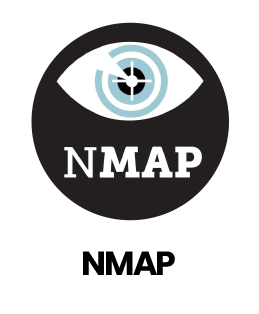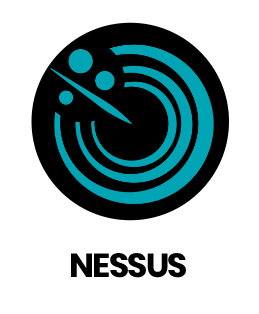- Join Our Best Ethical Hacking Training Institute to Master Cybersecurity & Hacking Tools.
- Our Ethical Hacking Course Covers Cybersecurity Skills Along with Hands-on Hacking Tools.
- Learn With Flexible Options: Weekday, Weekend, or Fast-track Batches.
- Work on Real-Time Projects Under the Guidance of Experts to Get Practical Experience.
- Earn a Globally Recognized Ethical Hacking Certification With Job Placement Assistance.
- Receive Expert Support in Crafting a Professional Resume and Excelling in Job Interviews.
Join Our 100% Job Guaranteed
Ethical Hacking Training
WANT IT JOB
Become a Ethical Hacker in 3 Months
Freshers Salary
3 LPA
To8 LPA
Quality Training With Affordable Fees!

INR
36,000
INR 16,500

10876+
(Placed)
5735+
(Placed)
6534+
(Placed)
4543+
(Placed)

























 Chennai Location
Chennai Location Bangalore Location
Bangalore Location